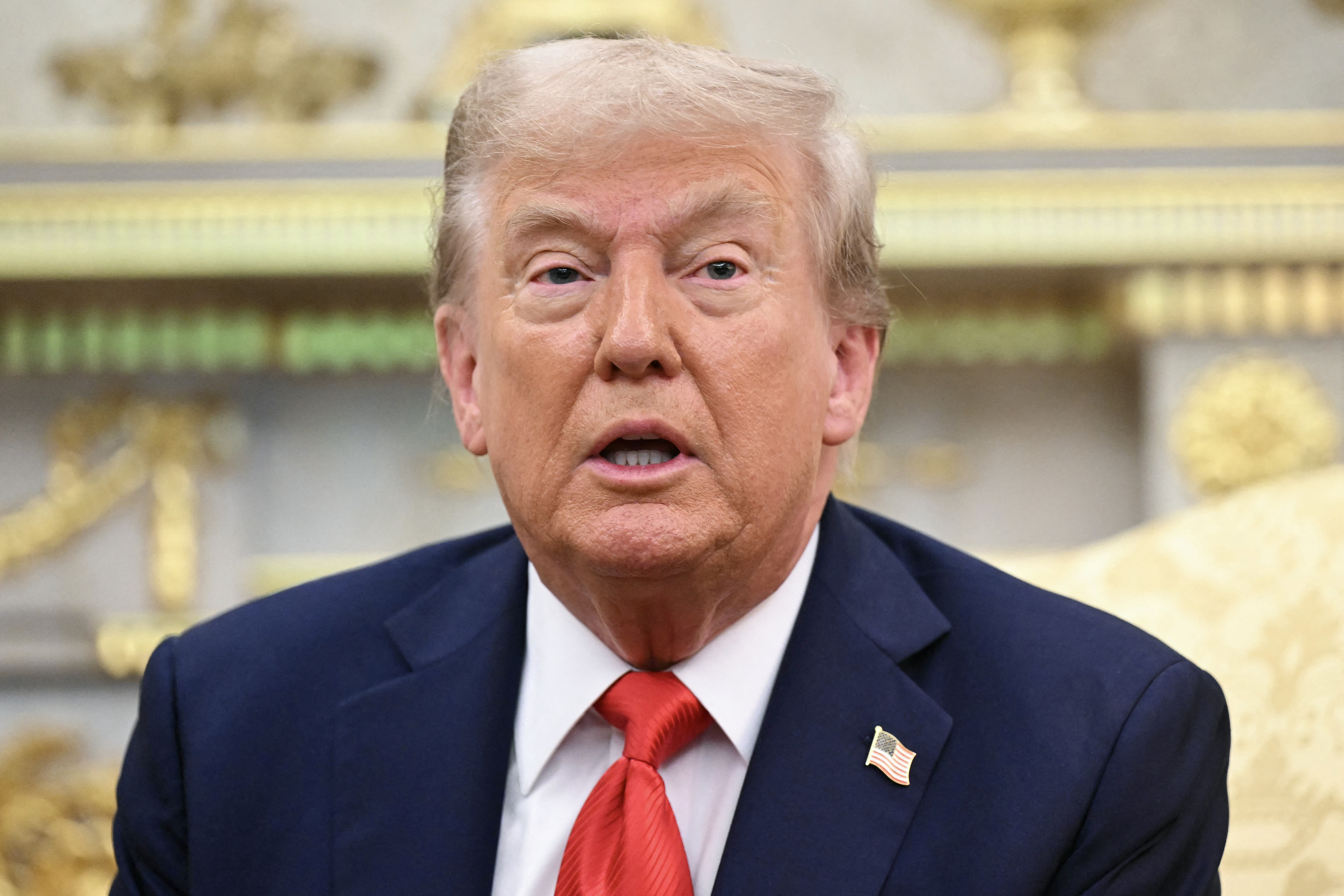At a September 4 dinner with tech CEOs, former US president Donald Trump announced impending tariffs on semiconductor imports from companies that don't shift production to the US. While he didn't specify the exact timing or rates, he stated, "We'll have a fairly substantial tax, not a tremendously high tax, but a substantial tax, unless they're coming in, building, or going to build in the United States". In this case, they would be exempt.
Since returning to the White House in January, Trump has emphasized tariffs as a cornerstone of his foreign policy, using them to renegotiate trade agreements and incentivize domestic production.
Citing Apple CEO Tim Cook as an example, Trump illustrated the exemption for companies investing in US production. Apple recently increased its US investment commitment to USD 600 billion over the next 4 years.
 |
Former US president Donald Trump at the White House on 3/9. Photo: AFP |
Former US president Donald Trump at the White House on 3/9. Photo: AFP
Last month, Trump declared a 100% tariff on imported semiconductors, excluding companies already manufacturing or committed to manufacturing in the US. Taiwan Semiconductor Manufacturing Company (TSMC), along with South Korean manufacturers Samsung and SK Hynix, have announced plans for US-based plants.
In 2022, Congress approved USD 52.7 billion in semiconductor research and manufacturing subsidies to encourage domestic production. Under president Joe Biden, the Commerce Department has persuaded 5 leading semiconductor companies to establish US chip plants as part of this program. As of 2024, the US produced about 12% of the global semiconductor supply, down from 40% in 1990.
According to Reuters, tech leaders have become more receptive to Trump during his second term. Approximately 20 CEOs of major corporations, including Apple's Tim Cook, Meta's Mark Zuckerberg, and Oracle's Safra Catz, attended the dinner. Guests like OpenAI CEO Sam Altman and Google co-founder Sergey Brin praised Trump's pro-business and AI stance.
Tesla CEO Elon Musk, following a June disagreement with Trump, did not attend. He stated on X that he was invited but sent a representative due to scheduling conflicts.
Phien An (Reuters, CNBC)












